Problem-solving abilities Adding Up to 5 Worksheets for Ages 5-6
13 filtered results
-
From - To
Foster your child's early math skills with our "Problem-solving Abilities: Adding Up to 5 Worksheets for Ages 5-6." These engaging worksheets are designed to help young learners develop essential addition skills while enhancing their problem-solving capabilities. Each activity encourages children to count, add, and explore numbers up to 5 through fun and interactive exercises. Perfect for home or classroom use, these worksheets support numeracy development, build confidence, and lay a strong foundation for future mathematical success. Ignite a love for math and watch your child's skills grow with each completed worksheet!
Problem-solving abilities, including skills like adding up to 5, are crucial to the cognitive development of children aged 5-6. For parents and teachers, fostering these skills offers several key benefits. First, it sets a strong foundation for later mathematical learning. When children become comfortable with basic addition, they gain confidence in tackling more complex math problems in the future. Early proficiency with numbers helps solidify numerical understanding, which is essential for everyday tasks and academic success.
Additionally, problem-solving promotes critical thinking and logical reasoning. Teaching young children to add up to 5 encourages them to analyze a problem, think about different ways to solve it, and make decisions based on their understanding. These skills are not just important for mathematics but are transferable to other subjects and areas of life. They enhance children’s ability to approach various challenges systematically and thoughtfully.
Moreover, engaging young learners in problem-solving activities helps improve their perseverance and patience. Children often try multiple approaches before finding a solution, thereby learning that persistence leads to success. This fosters a positive attitude towards learning and helps in the overall development of a growth mindset.
In sum, nurturing problem-solving abilities in early childhood lays the groundwork for academic achievement, cognitive development, and social-emotional skills, making it imperative for parents and teachers to prioritize.
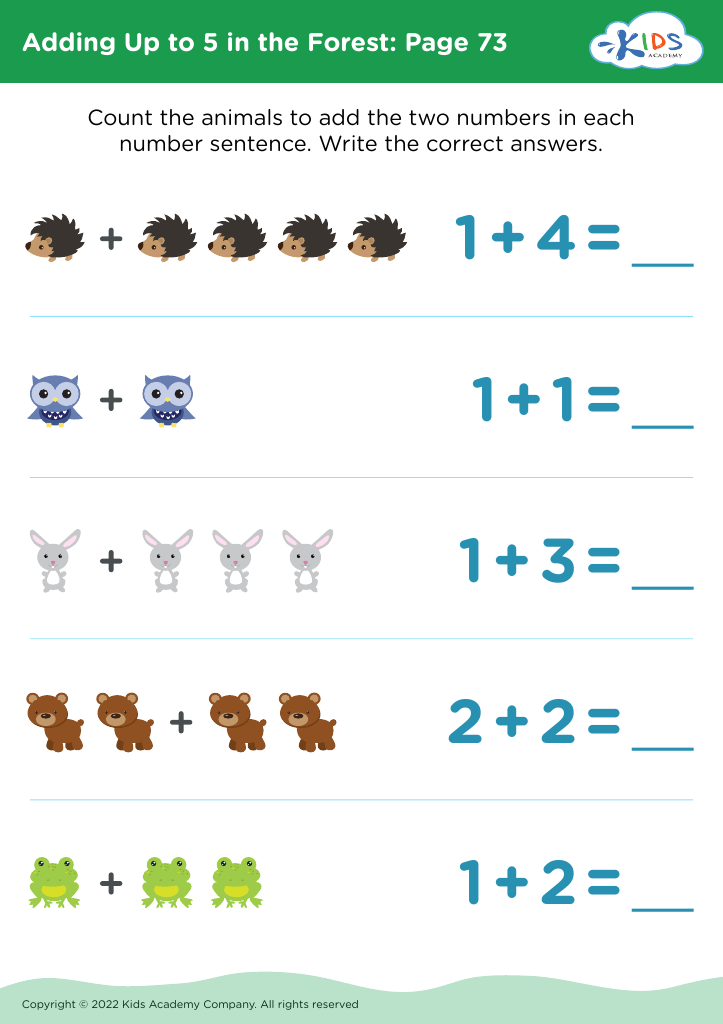
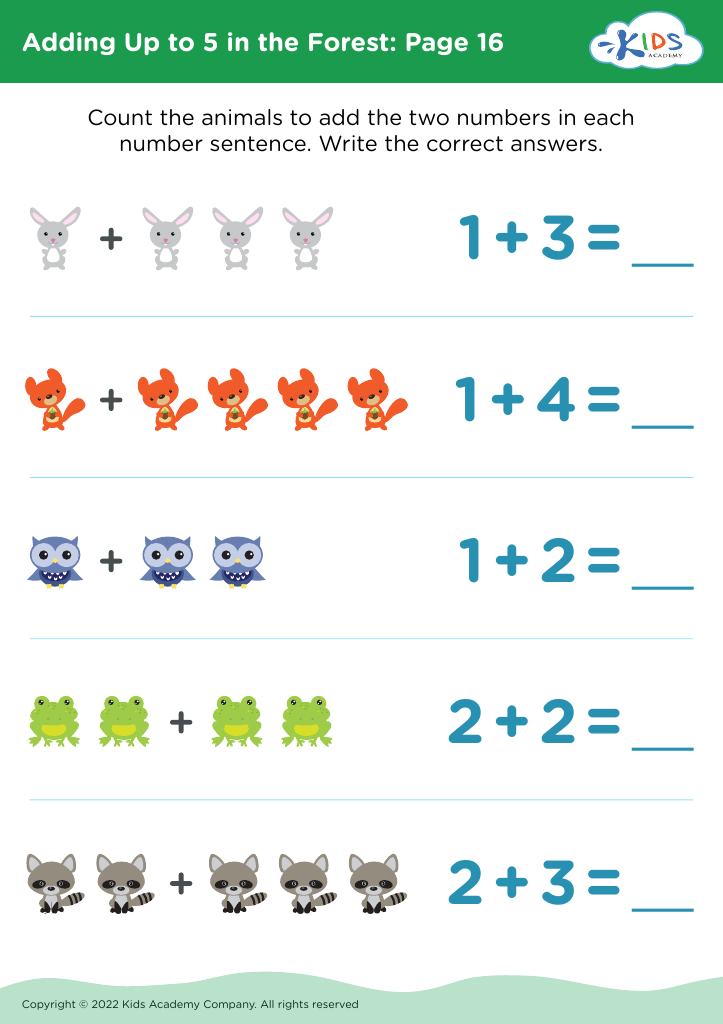
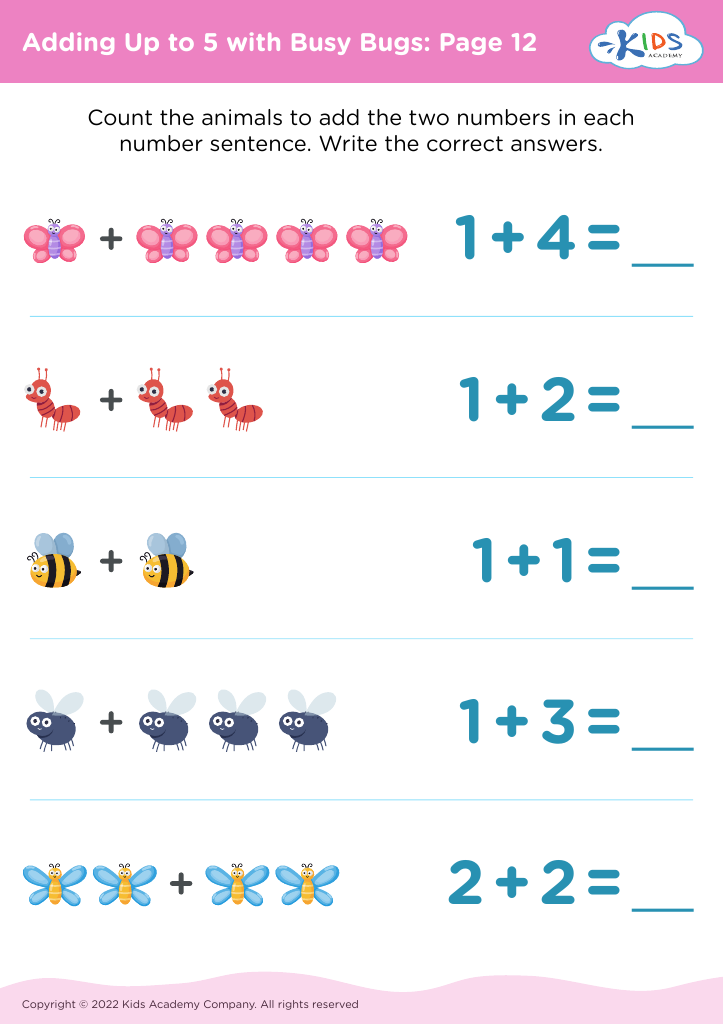
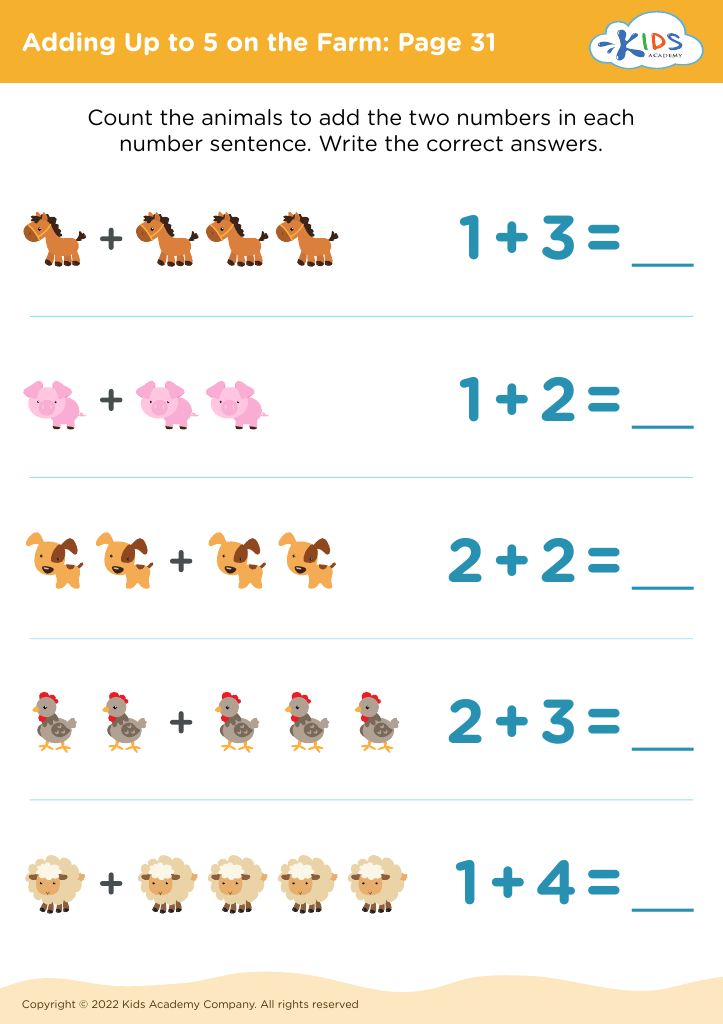
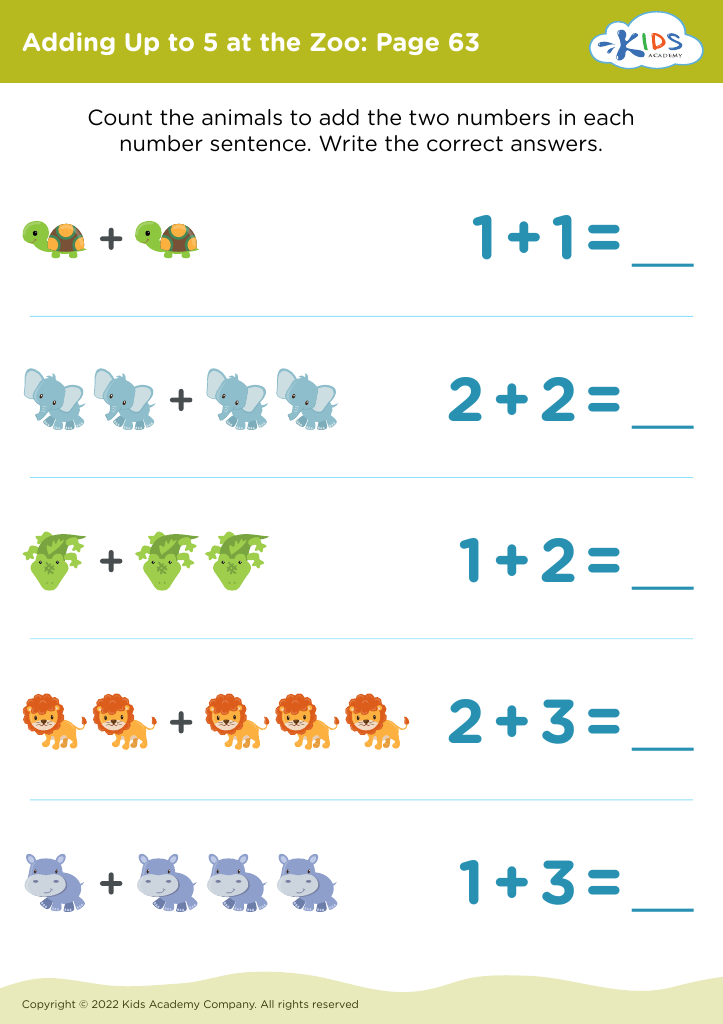
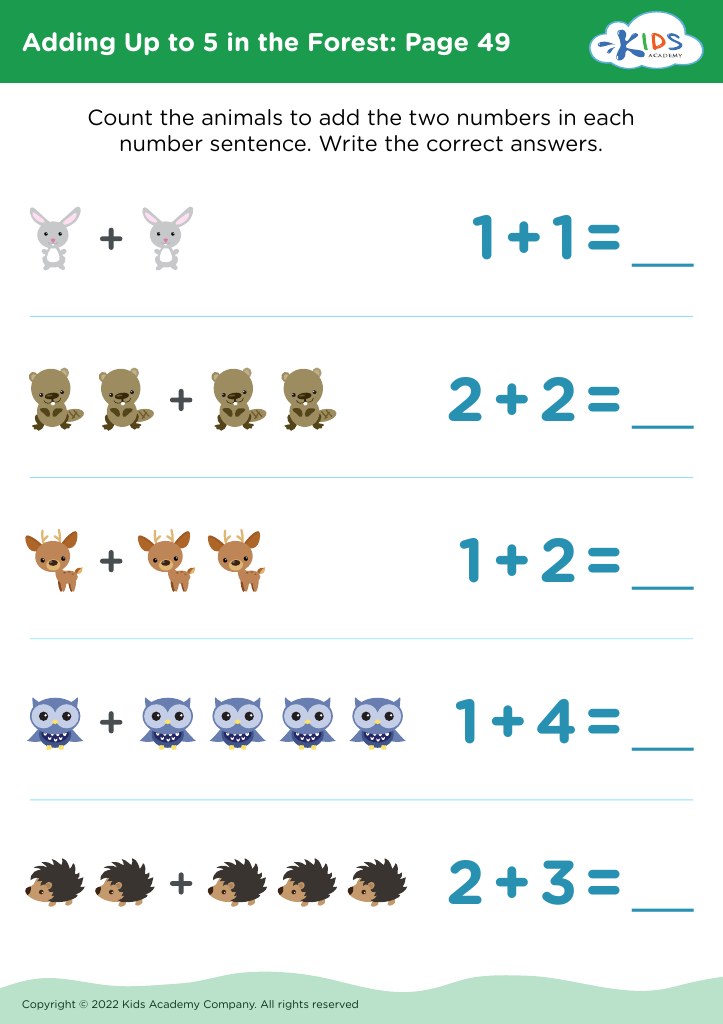
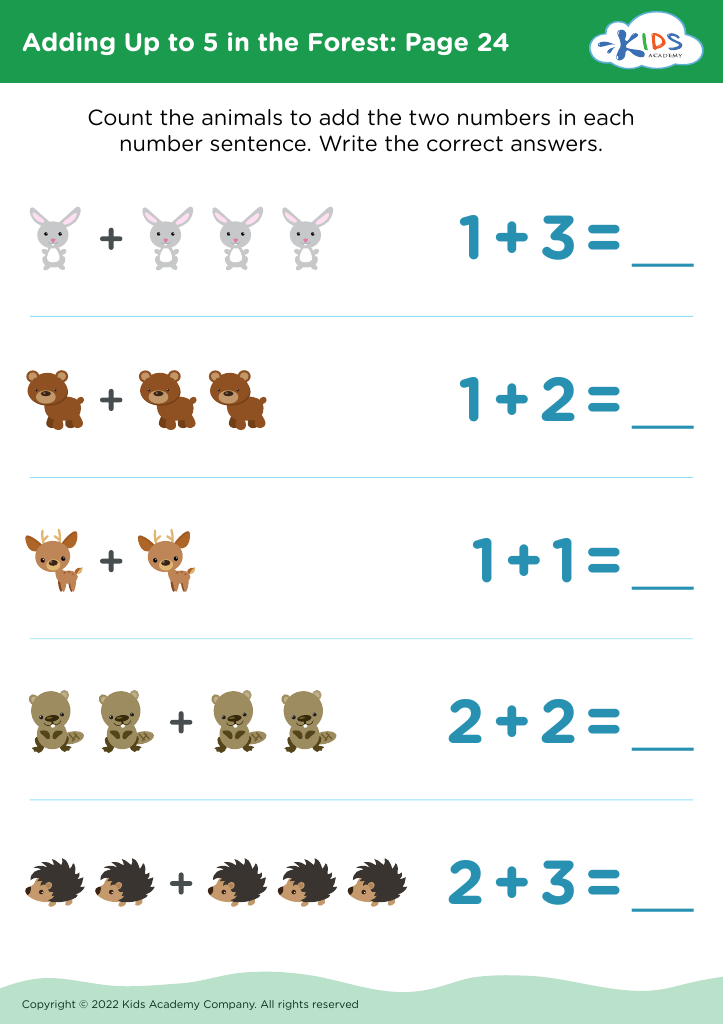
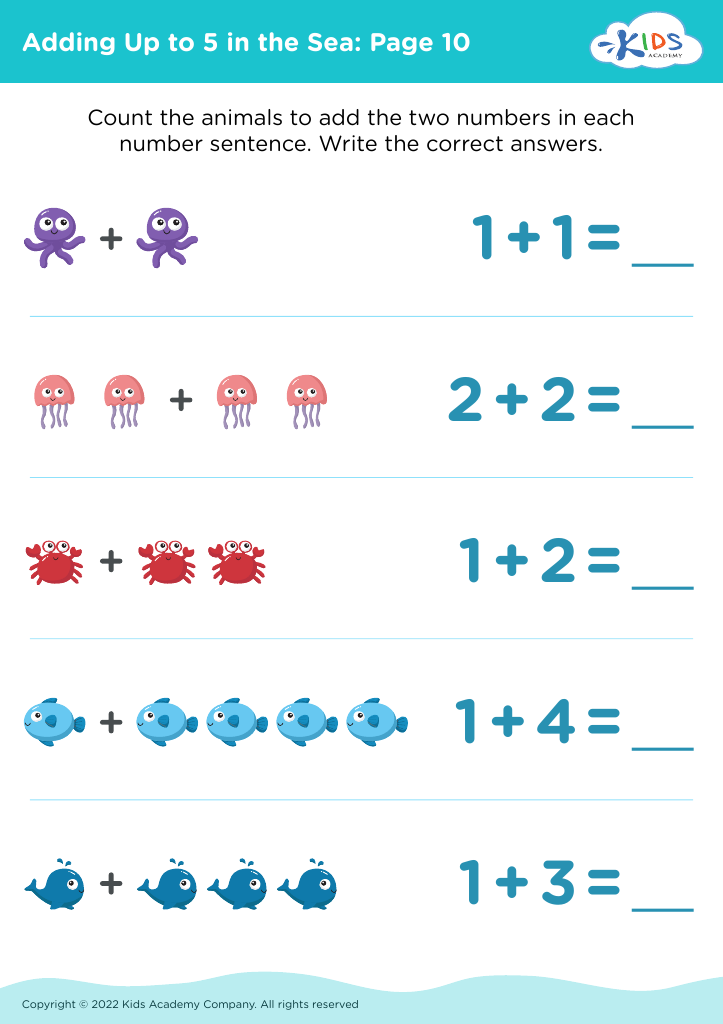
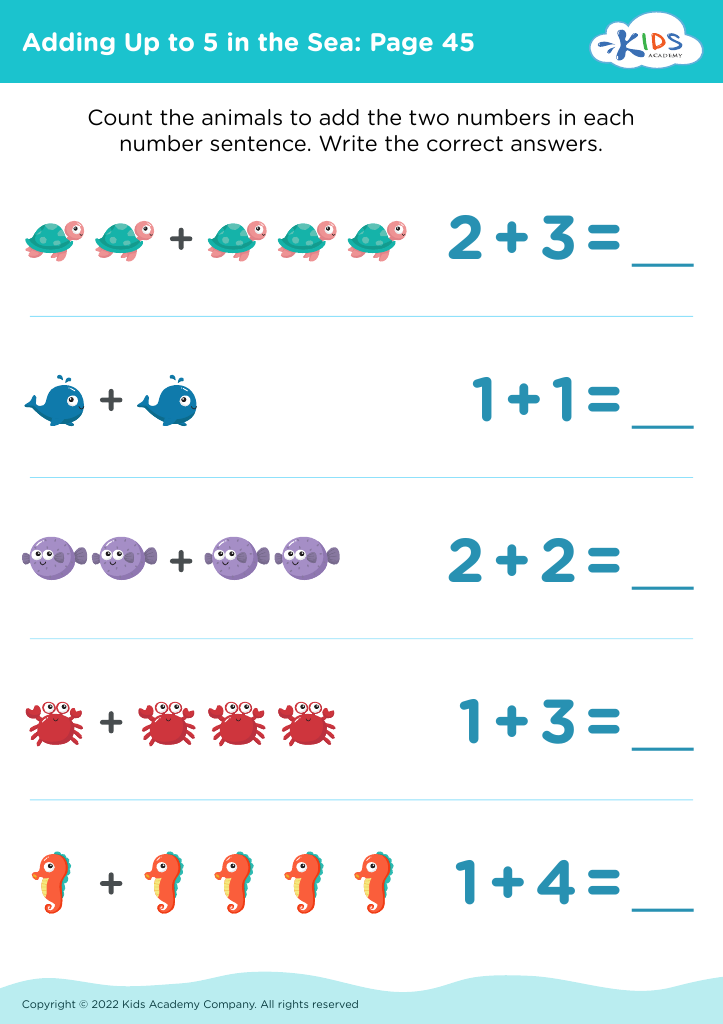
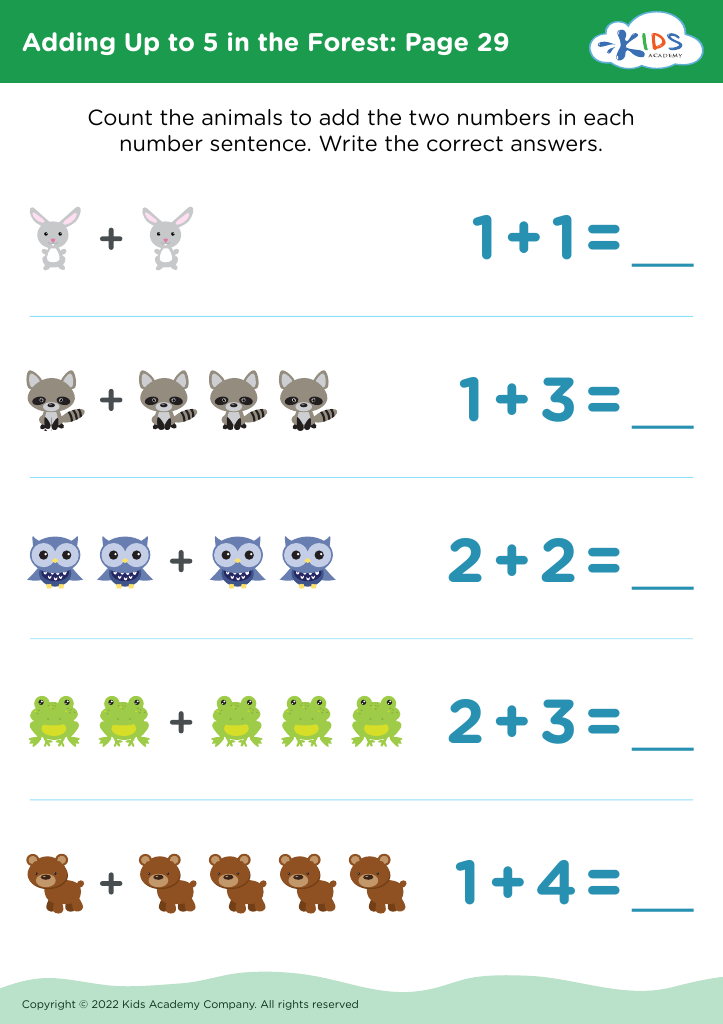
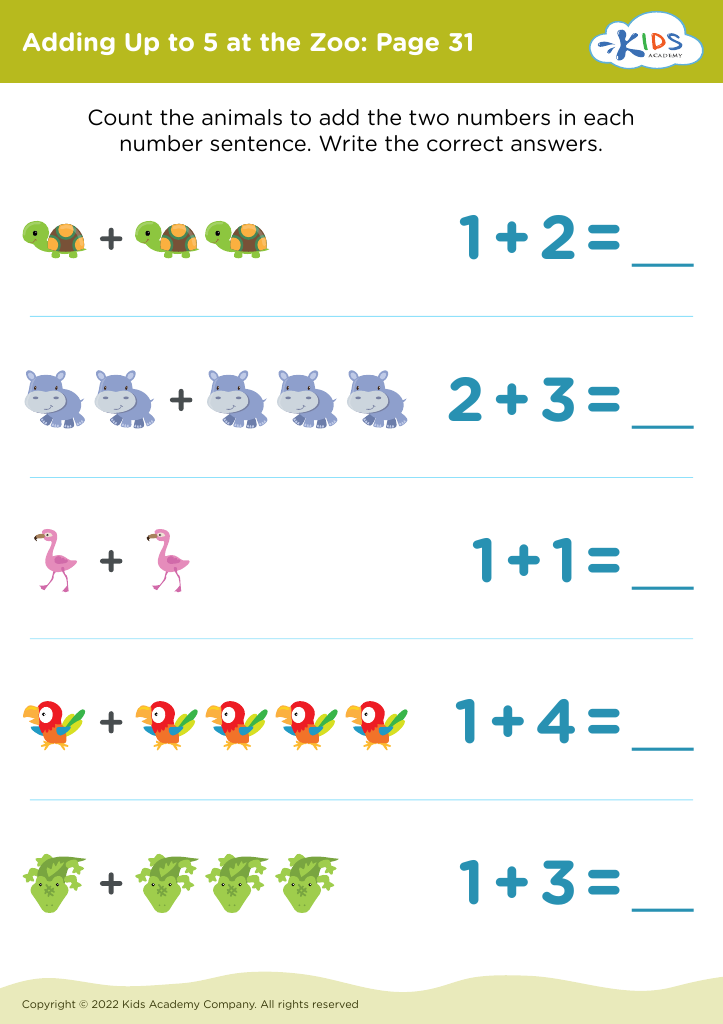
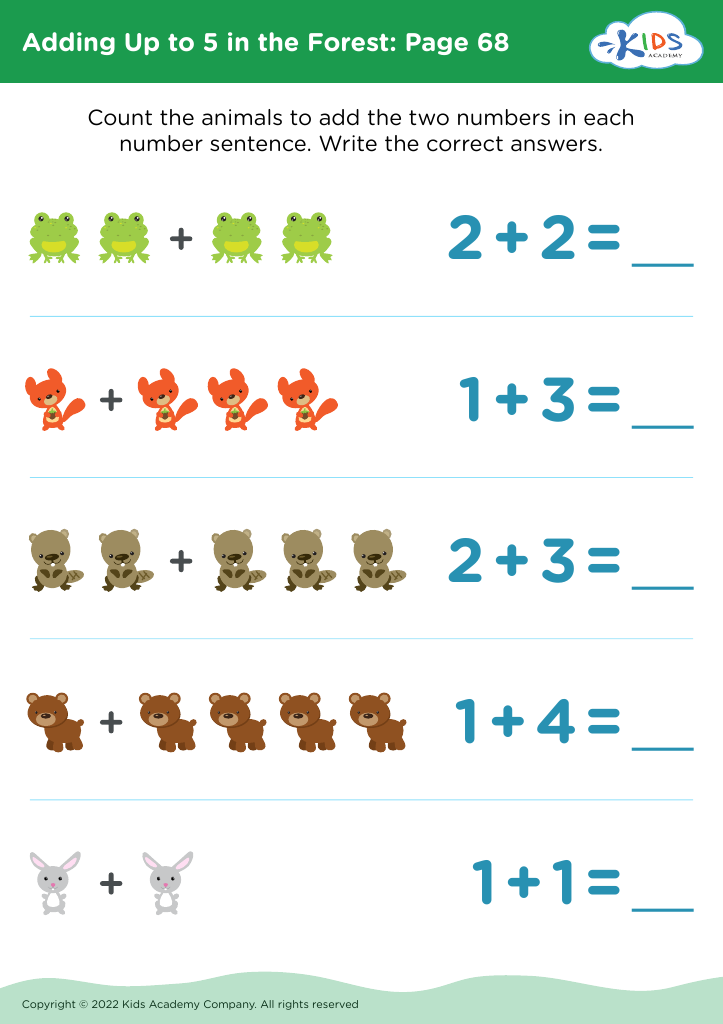
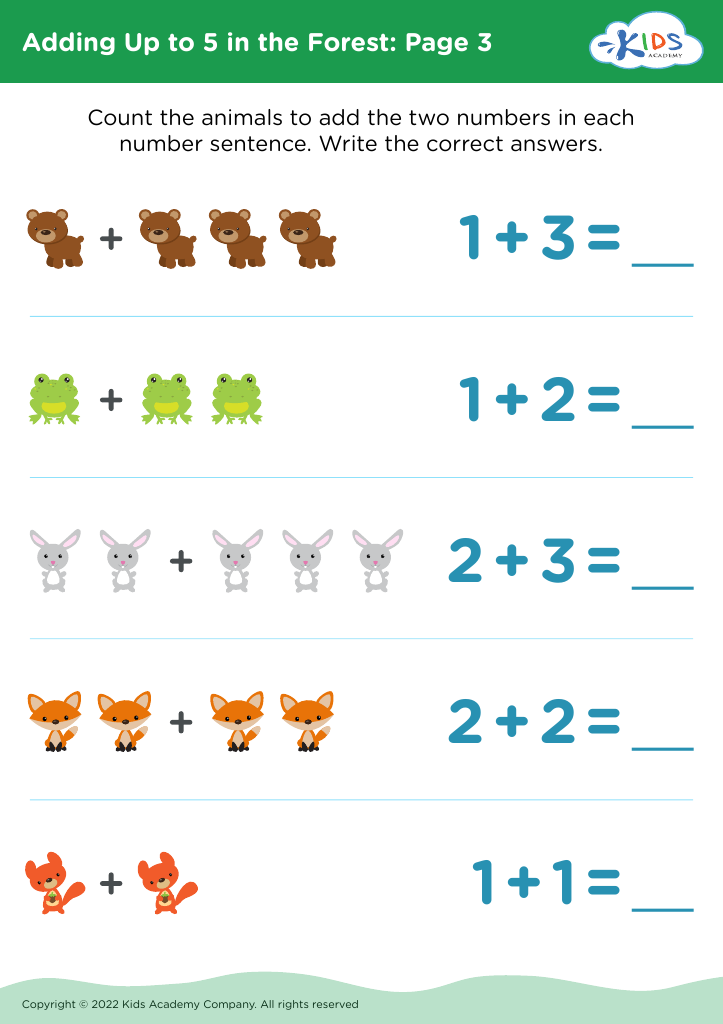






.jpg)









